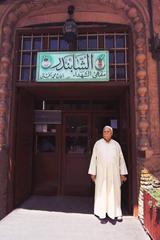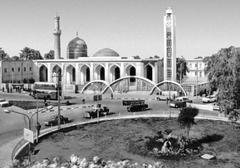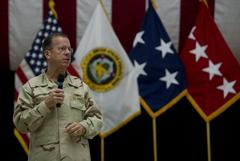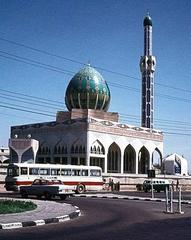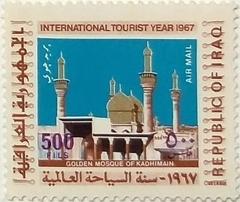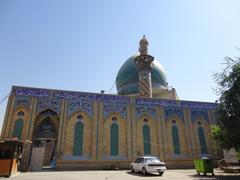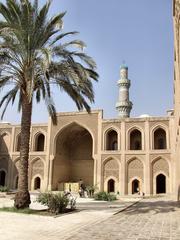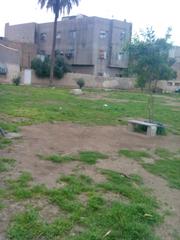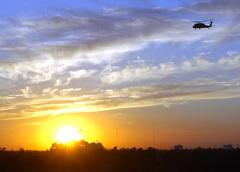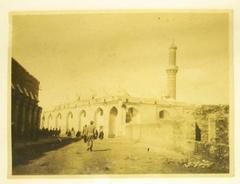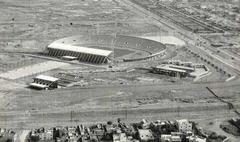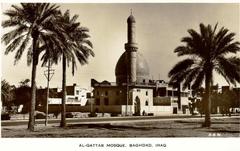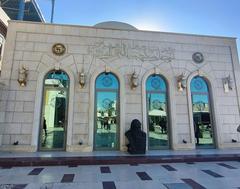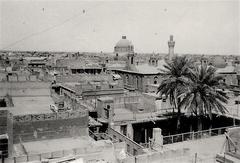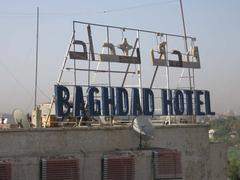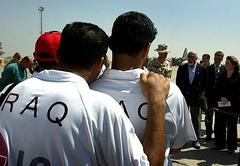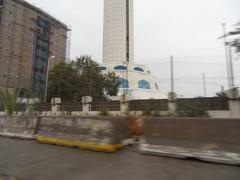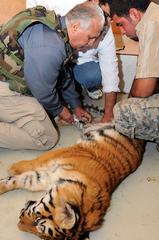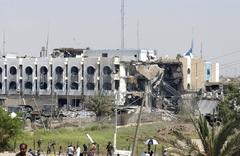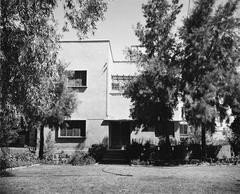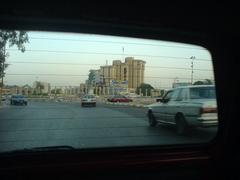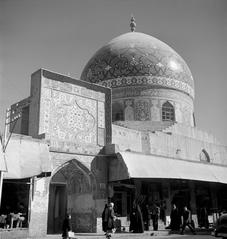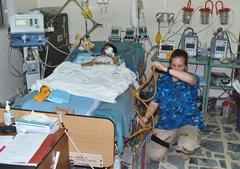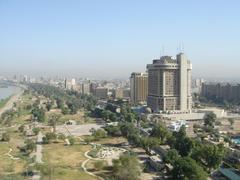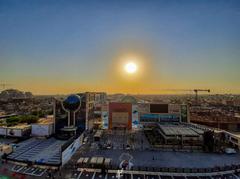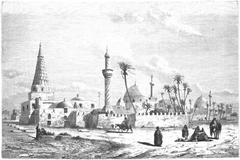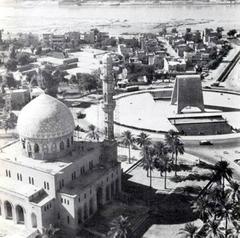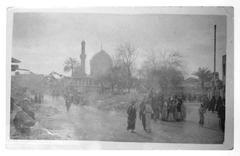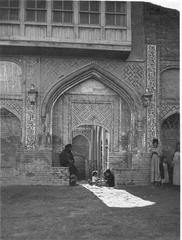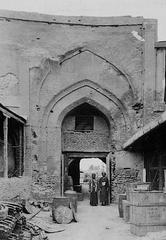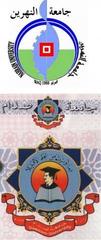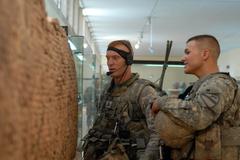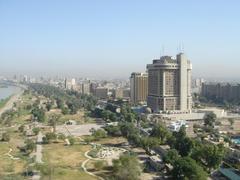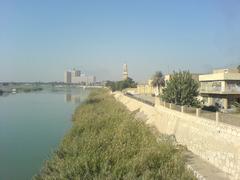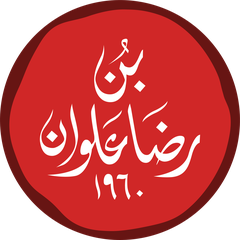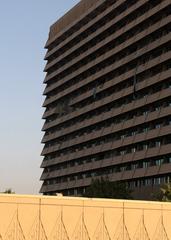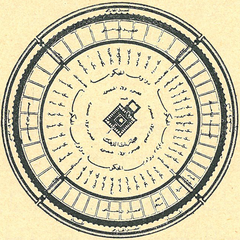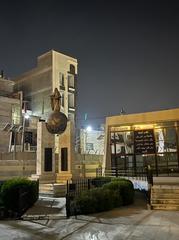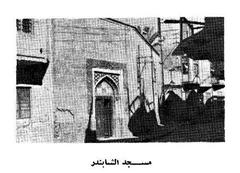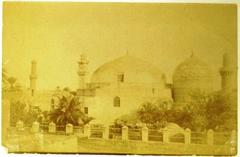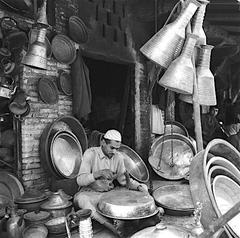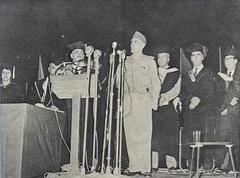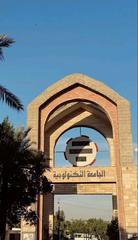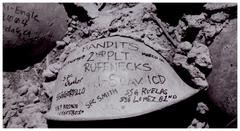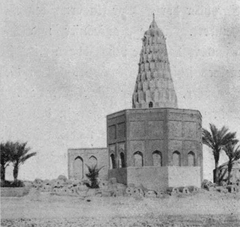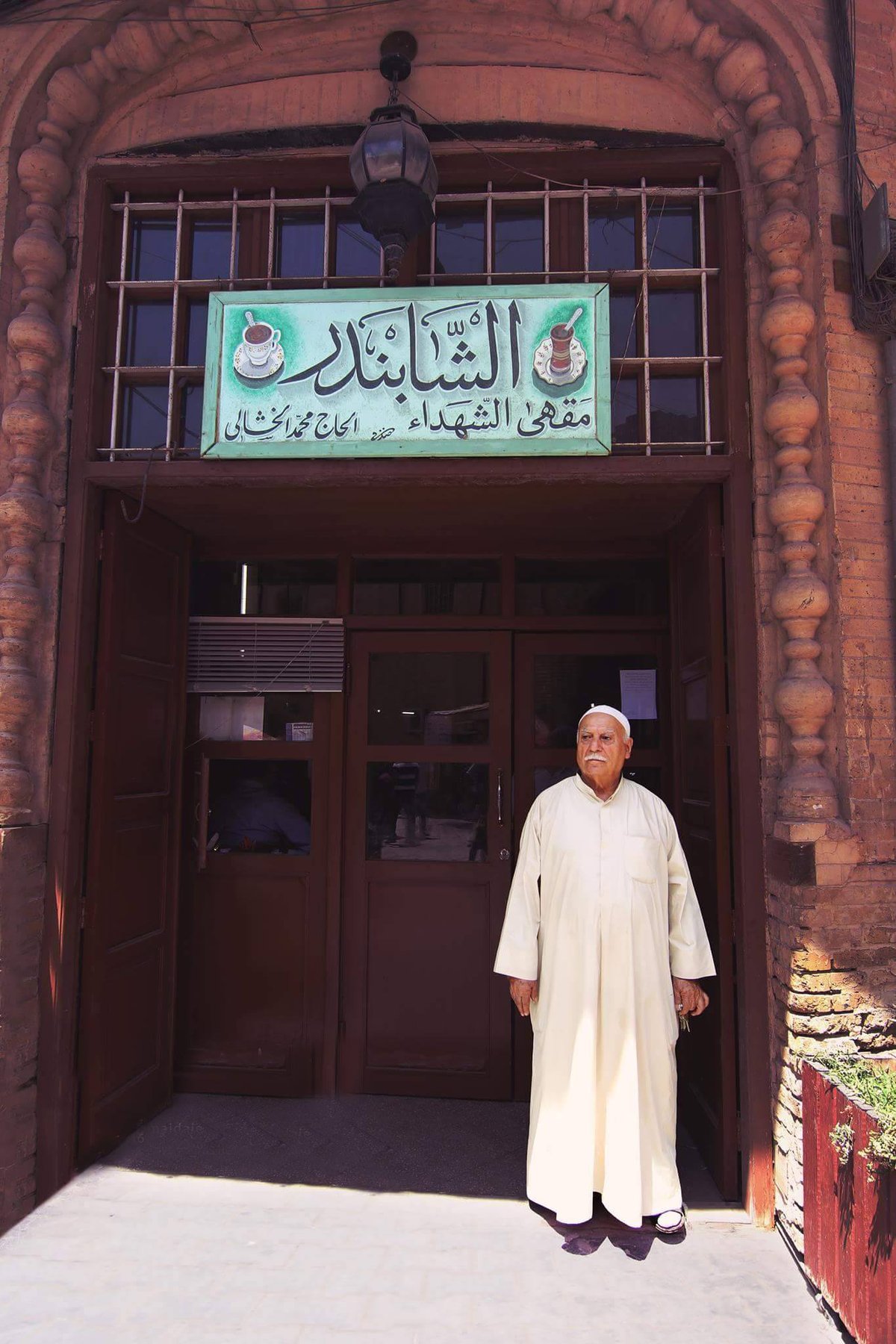
Shabandar Café Baghdad: Visiting Hours, Tickets, and Historical Significance
Date: 14/06/2025
Introduction
Nestled on Baghdad’s legendary Al-Mutanabbi Street, Shabandar Café stands as a living testament to Iraq’s enduring cultural spirit. Established in 1917, the café has been a vital gathering space for generations of writers, poets, intellectuals, and curious travelers. Its walls, adorned with historic photographs and memorabilia, reflect the city’s rich literary and social history, while its resilience—surviving wars, political change, and even a devastating bombing—makes it a symbol of Baghdad’s unbreakable heart.
Whether you are a history enthusiast, a lover of literature, or a visitor seeking an authentic taste of Baghdad’s vibrant culture, Shabandar Café offers an immersive experience. This comprehensive guide covers the café’s visiting hours, ticketing and accessibility, historical context, travel tips, nearby attractions, and answers to frequently asked questions.
For further insights, see Spirit Travelers, TRT World, and Scoop Empire.
Historical Background
Origins and Early Years
Shabandar Café was founded in 1917, at a time when Baghdad was transitioning from Ottoman rule to the British Mandate (TRT World). Its name derives from a title meaning “head of merchants,” reflecting its establishment as a social hub for traders, intellectuals, and artists. From its inception, the café has fostered a culture of debate, literary exchange, and political discourse.
Located on Al-Mutanabbi Street—named after the renowned medieval poet in 1932—the café quickly became a cornerstone of Baghdad’s intellectual renaissance (Visit Iraq Now). The street itself has been a center for bookshops and publishing houses for over a century, reinforcing the café’s status as a meeting place for the city’s brightest minds.
Through Baghdad’s Tumultuous History
Throughout the 20th and 21st centuries, Shabandar Café has witnessed dramatic changes in Iraq’s political and social landscape. From the Kingdom of Iraq through to modern times, the café remained open through periods of upheaval, repression, and violence (Spirit Travelers).
In 2007, a car bomb on Al-Mutanabbi Street killed around 100 people, including several of the owner’s family members, and destroyed much of the café (Wikipedia). Despite this tragedy, Shabandar was rebuilt and reopened, earning it the moniker “The Martyrs’ Café.” This act of resilience became a rallying point for Baghdad’s cultural community, symbolizing hope and continuity.
Architectural and Cultural Features
Shabandar Café is a living museum, its interior decorated with black-and-white portraits of poets, politicians, and intellectuals, historic newspaper clippings, and antique furnishings (Scoop Empire). The Ottoman-era architecture, wooden benches, and brass samovars evoke a sense of nostalgia and authenticity. The no-games policy—no backgammon or dominoes—encourages visitors to focus on conversation, debate, and the exchange of ideas (Indroyc.com).
The café’s walls also serve as a memorial, displaying photographs of those lost in the 2007 bombing. This blend of historical resonance and living culture makes each visit a meaningful experience.
Visiting Information
Location
Shabandar Café is located at 59 Al-Mutanabbi Street, Bab Al-Muadham, central Baghdad (Al Jazeera). The street is famous for its book market, art galleries, and proximity to landmarks like the Qushla Clock Tower and the National Library of Iraq.
Visiting Hours
- General Hours: Open daily from 8:00 AM to 10:00 PM.
- Best Times: Fridays are especially lively due to cultural events and the book market; for a quieter experience, visit weekday mornings before noon.
- Note: Hours may vary during Ramadan and public holidays (Rudaw).
Entrance Fees & Tickets
- Entry: Free; no ticket required. Guests pay only for their food and drinks.
Dress Code & Etiquette
- Dress: Modest attire is recommended for both men and women.
- Etiquette: The atmosphere is relaxed but respectful. Photography is welcomed, but always ask before photographing patrons or staff, especially near memorial displays (Middle East Eye).
Accessibility
- Mobility: The café is on a historic street with uneven pavements and a small step at the entrance. Interior spaces are often crowded, and accessible restrooms are not available.
- Assistance: Those with mobility challenges may wish to call ahead or arrange support.
Safety & Security
- Security: The area is generally safe during the day, with regular patrols and checkpoints (Reuters). Carry identification, and avoid large crowds during political events.
Café Experience
Menu and Offerings
- Drinks: Traditional Iraqi tea (chai) served in small glasses, strong Arabic coffee, and nargilé (shisha) (Adventures of Lil Nicki).
- Snacks: Light bites such as dates and baklava.
- Prices: Tea costs around 500 IQD (~$0.35 USD). Payments are cash-only (The National News).
Ambience
The café’s interior invites conversation, with wooden benches, antique radios, and shelves of books. Outdoor seating overlooks the bustle of Al-Mutanabbi Street. The atmosphere is lively, especially on Fridays, so arrive early for the best tables.
Language
Arabic is primarily spoken, but many younger patrons and staff know some English. Simple greetings in Arabic are appreciated (Laure Wanders). Translation apps can be helpful.
Nearby Attractions
- Al-Mutanabbi Street: Bookstores, art galleries, and bustling Friday markets.
- Qushla Clock Tower: Historic Ottoman-era landmark.
- National Museum of Iraq: A short taxi ride away, showcasing ancient Mesopotamian artifacts (Lonely Planet).
Events and Activities
Shabandar Café hosts regular poetry readings, book launches, and intellectual debates, especially on weekends. Guided tours of Al-Mutanabbi Street, often including the café, can be arranged through local operators or online. Updates are frequently posted on the café’s Facebook page.
Practical Tips
- Arrive Early: The café is busiest between 9:00 AM and 1:00 PM.
- Cash Payments: Bring Iraqi dinars in small denominations; credit cards are not accepted (Iraq Business News).
- No Public Wi-Fi: Prepare your devices in advance; mobile coverage is good.
- Restrooms: Facilities are basic; bring tissues and sanitizer.
- Health: Drink bottled water; the tap water is not potable.
- Tipping: Rounding up the bill is appreciated but not obligatory.
FAQ
What are Shabandar Café’s visiting hours?
Open daily from 8:00 AM to 10:00 PM, with possible variations during holidays.
Is there an entrance fee?
No, entry is free.
Are guided tours available?
Not directly through the café, but many local operators include it in cultural tours.
Is Shabandar Café accessible for people with disabilities?
Accessibility is limited due to historic architecture.
Can I take photographs inside?
Yes, but ask permission before photographing people.
How do I get there?
Accessible via taxi or ride-share; the street is pedestrianized on Fridays.
Legacy and Cultural Impact
Shabandar Café’s importance extends beyond its menu and décor. It has survived wars, political upheavals, and tragic violence, remaining a place where Baghdad’s intellectual and artistic life thrives. Its story is a powerful symbol of the city’s resilience and hope (UNESCO Iraq).
Final Visitor Tips
- Respect the café’s traditions and memorials.
- Engage with locals for a deeper experience.
- Combine your visit with nearby attractions on Al-Mutanabbi Street.
- Check current conditions and events in advance.
- Use the Audiala app for updates on hours, events, and guided tours.
References
- Iraq’s Baghdad cafe still serving 100 years after opening its doors, TRT World
- Visiting Shabandar Cafe in Baghdad, Spirit Travelers
- Shabandar Cafe: A century year old icon of Baghdad’s intellectual heritage, Scoop Empire
- Al-Mutanabbi Street: Baghdad’s cultural artery, Visit Iraq Now
- Shabandar Cafe, Wikipedia
- Iraq and its Cultural Heritage, UNESCO Iraq
- Baghdad’s Al-Mutanabbi Street reopens after renovation, Al Jazeera
- Baghdad tourist information, Hikersbay
- Bridging Worlds: Coffee Culture, Divainternational.ch
- Baghdad Iraq Travel Guide, Adventures of Lil Nicki
- Things to Do in Baghdad, Laure Wanders
- Things to do in Baghdad, Travel Tramp
- Iraq Currency Exchange Rates, Iraq Business News
- National Museum of Iraq, Lonely Planet
- The National News
- Middle East Eye
- Reuters
- Indroyc.com
- Facebook page
For more details, interactive maps, and virtual tours, visit Map of Shabandar Cafe and Al-Mutanabbi Street.
